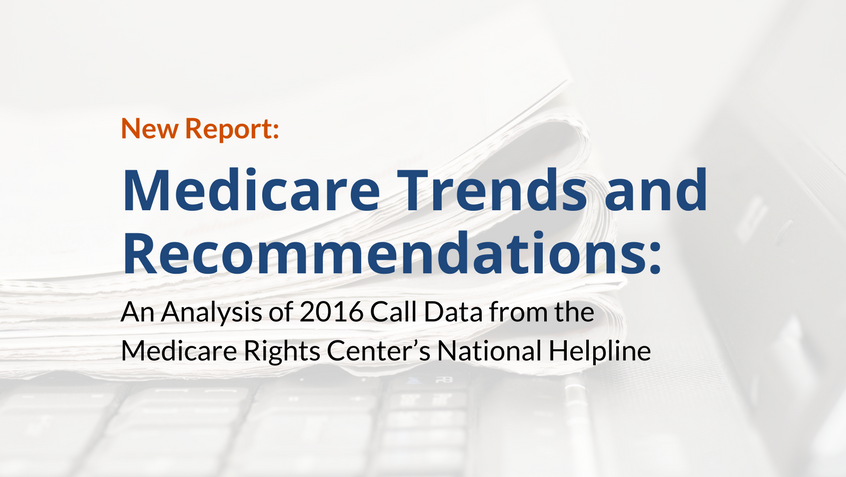
Providers Are Key to Controlling Unnecessary Health Care Spending
Health care in the United States is very expensive, and many experts believe one thing contributing to that expense is the abundance of unnecessary or “low-value” health care services provided to patients. Policymakers typically believe that patients receive this unnecessary care because they expect or demand it. However, this month, the University of Michigan revealed new polling data that turns that assumption upside down.









